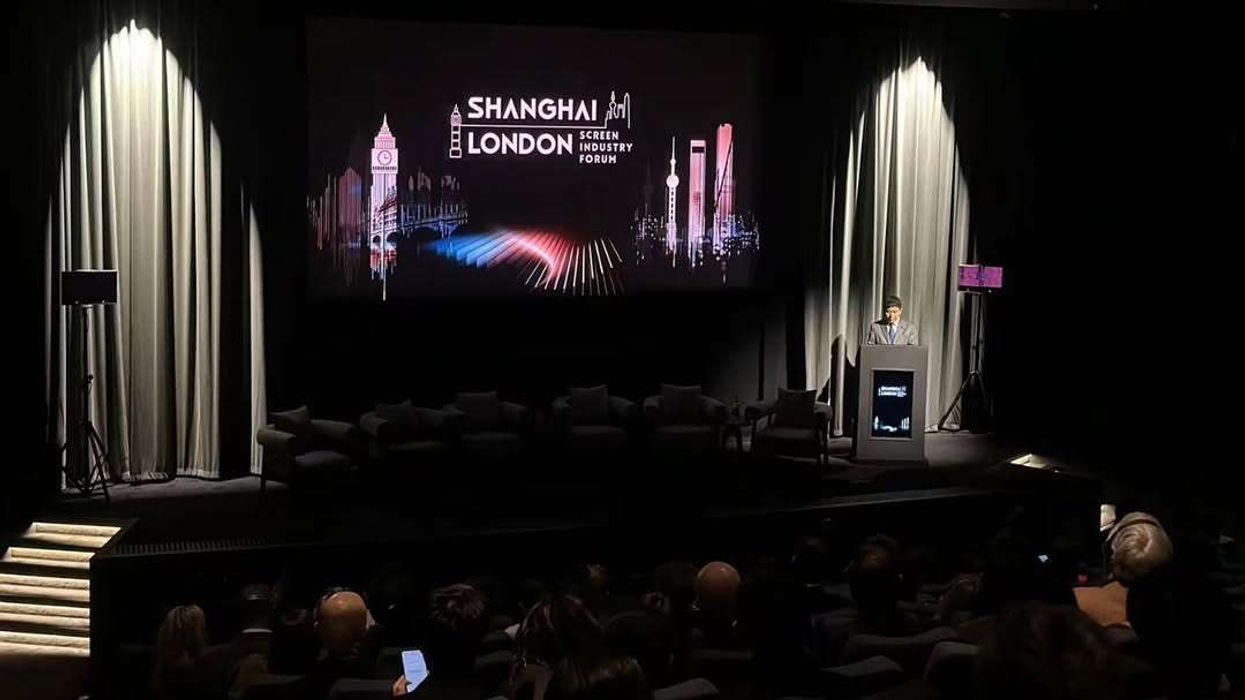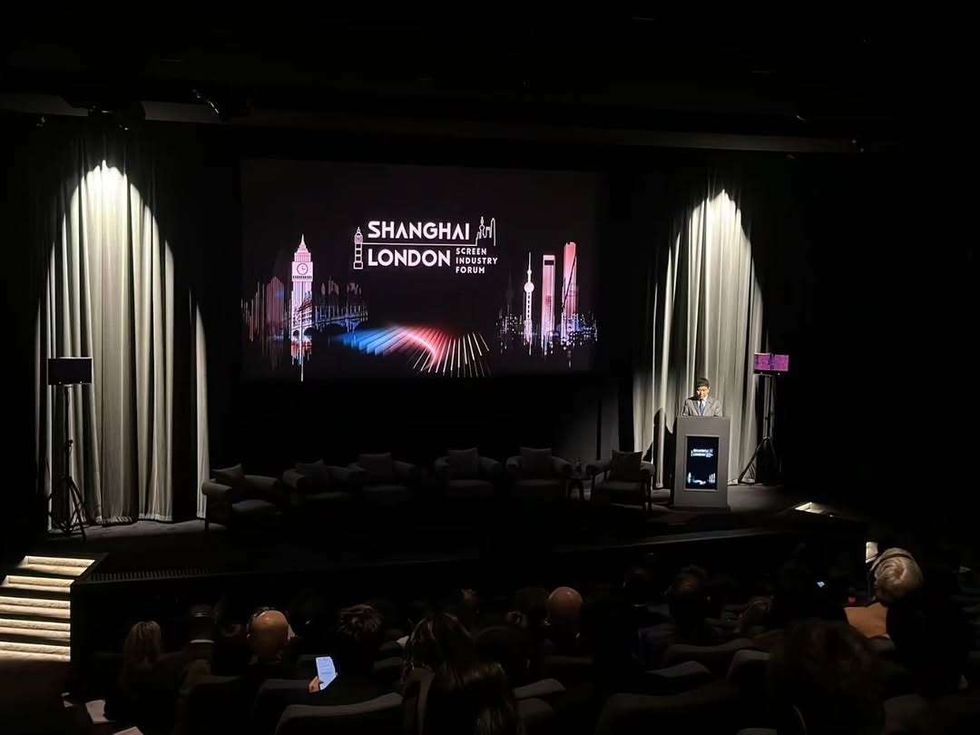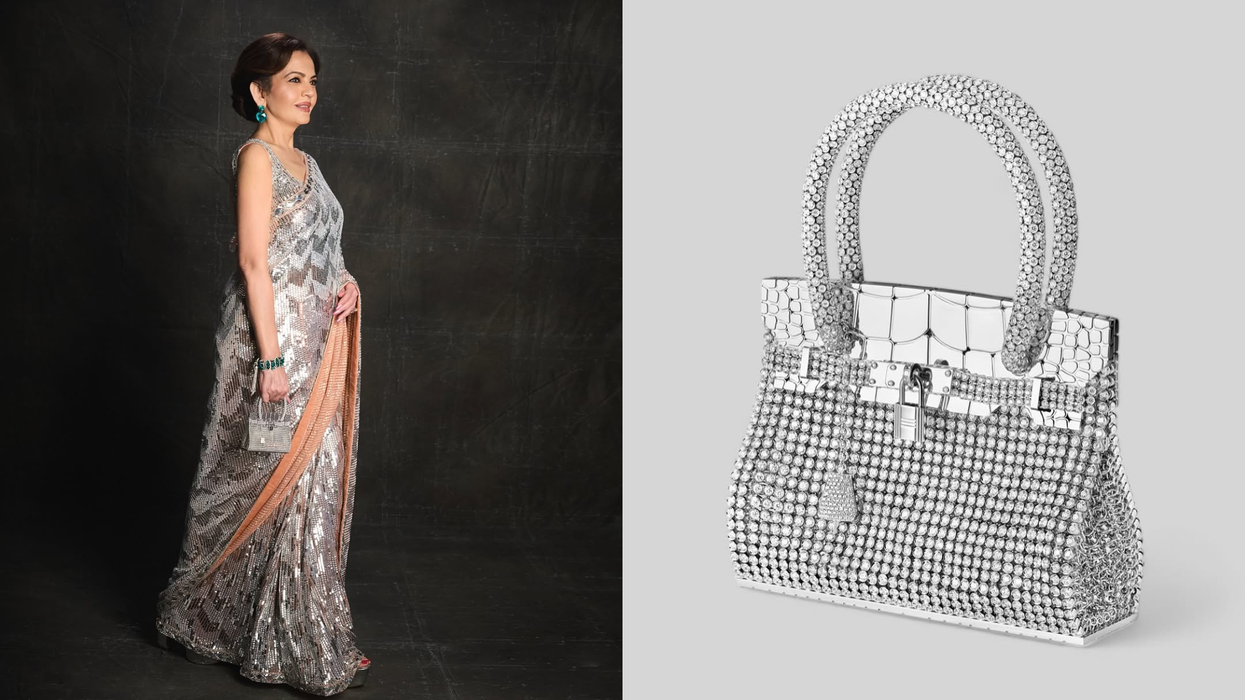As Bollywood's beloved filmmaker Karan Johar celebrates his birthday, it's the perfect time to revisit some of his most iconic love stories.
Johar, who has been at the helm of Dharma Productions, has given us films filled with love, heartbreak, and the complexities of relationships. Here are five films that solidify Karan Johar's status as one of the best directors of love films.
1. Kuch Kuch Hota Hai (1998):
Johar's directorial debut, Kuch Kuch Hota Hai, is nothing short of legendary. The film explores the themes of first love and friendship through the lives of Rahul (Shah Rukh Khan), Anjali (Kajol), and Tina (Rani Mukerji). The narrative seamlessly transitions from college days filled with youthful exuberance to a heartfelt journey of rediscovery and second chances. Its memorable dialogues and iconic songs have left an indelible mark on Indian cinema, making it a timeless love story.
2. Kabhi Khushi Kabhie Gham (2001):
A multi-starrer extravaganza, Kabhi Khushi Kabhie Gham, is a family drama interwoven with romance. The film showcases the saga of a wealthy family led by Yashvardhan Raichand (Amitabh Bachchan) and his wife Nandini (Jaya Bachchan), focusing on their sons Rahul (Shah Rukh Khan) and Rohan (Hrithik Roshan). The love stories between Rahul and Anjali (Kajol) and Rohan and Pooja (Kareena Kapoor) are beautifully portrayed, emphasizing the themes of love transcending societal norms and familial bonds.
3. Kabhi Alvida Naa Kehna (2006):
Breaking away from traditional love stories, Kabhi Alvida Naa Kehna delves into the complexities of extramarital affairs and the search for true love. The film stars Shah Rukh Khan, Rani Mukerji, Abhishek Bachchan, and Preity Zinta in a narrative that challenges societal perceptions of marriage and fidelity. Johar's sensitive handling of such a bold topic, combined with powerful performances and soulful music, makes it a standout in his filmography.
4. My Name Is Khan (2010):
Though primarily a story about identity and acceptance, My Name Is Khan also features a poignant love story between Rizwan Khan (Shah Rukh Khan), a man with Asperger's syndrome, and Mandira (Kajol). Johar deftly weaves their romance into a larger narrative about overcoming prejudice and the power of love to heal and unite.
5. Ae Dil Hai Mushkil (2016):
Ae Dil Hai Mushkil explores unrequited love and the bittersweet nature of relationships. The film stars Ranbir Kapoor, Anushka Sharma, and Aishwarya Rai Bachchan, and follows the journey of Ayan (Kapoor) as he navigates love, friendship, and heartbreak. Johar's direction beautifully captures the intensity of one-sided love and the complexities of modern relationships.
Karan Johar's contribution to Bollywood as the maestro of love stories is undeniable. His films not only entertain but also delve into the myriad emotions and challenges that accompany love and relationships. As we celebrate his birthday, these five films show how he portrays the many shades of love on the silver screen.






 UK China film collaborations take off as Third Shanghai London Forum connects British Asian filmmakers with Chinese studios Instagram/ukchinafilm
UK China film collaborations take off as Third Shanghai London Forum connects British Asian filmmakers with Chinese studios Instagram/ukchinafilm 






